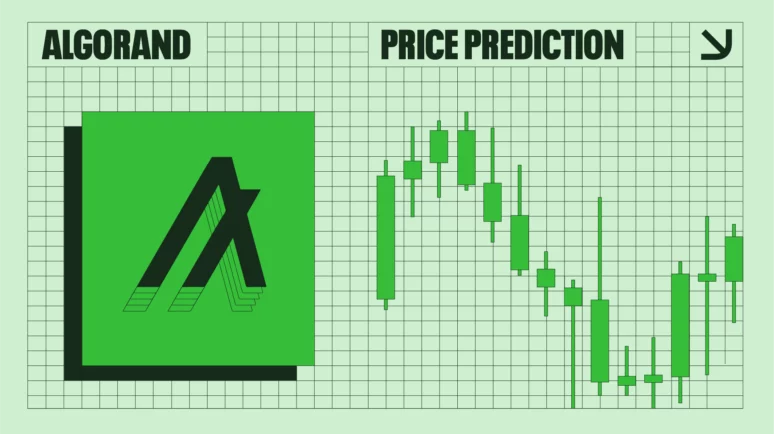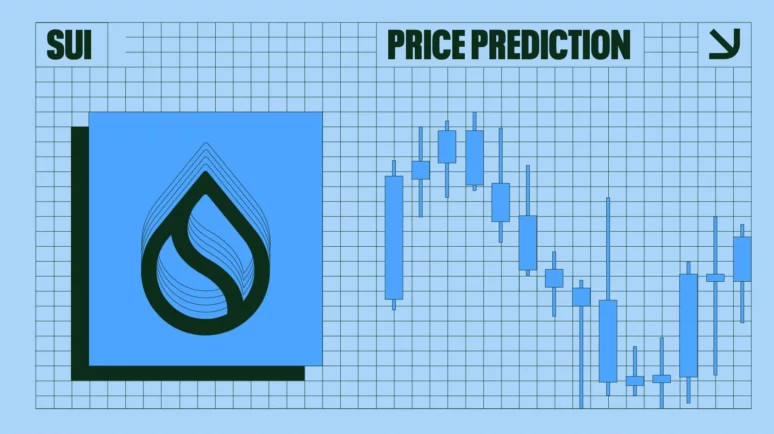SATS Price Prediction 2024: Can 1000SATS Token Cash in on BRC-20 Boom?

What's ahead for SATS?
Key Takeaways
- SATS made its debut in mid-December.
- Its 1000SATS token may be listed soon on more exchanges.
- One price prediction says it may reach $0.01 in 2030.
Will the enthusiasm for inscriptions seen in 2023 continue to thrive in 2024? With Bitcoin gaining significant momentum in recent months, inscriptions have also reaped the benefits of heightened attention.
The spotlight intensified as OKX recently added SATS to its spot market, opening up opportunities for users to trade SATS against USDT. Commencing in mid-December 2023, deposits for SATS were accepted, and spot trading officially commenced.
Following its listing on OKX, and amidst swirling rumors of a potential Coinbase listing, SATS experienced a remarkable surge in price. Starting from the onset of December 2023, its value soared by over 470%, before retracing.
Speculation looms regarding the potential listing of SATS on Coinbase, with the prospect of further escalating its market value. However, as of now, Coinbase has not issued any official statements to confirm or deny this speculation.
Adding to the excitement, SATS secured a coveted spot on the “largest gainers in 7 days” list, as reported by data from the BRC-20 Station on X.
SATS did not immediately respond to a request for comment
But what is SATS (1000SATS)? How does SATS work? Let’s see what we can find out, and also take a look at some of the SATS price predictions that were being made as of January 29, 2024.
SATS Price Prediction
Let’s examine some of the SATS price predictions being made on January 29, 2024. It is crucial to bear in mind that price forecasts, particularly for a potentially volatile asset like cryptocurrency, often turn out to be inaccurate. Additionally, please remember that many long-term crypto price predictions are generated using algorithms, which means they can change at any time.
| 2024 | 2025 | 2026 | |
|---|---|---|---|
| Prediction #1 | $0.00106 | $0.00127 | $0.00366 |
| Prediction #2 | $0.000631 | $0.000925 | $0.0062 |
| Prediction #3 | $0.00198 | $0.00273 | $0.0118 |
SATS Price Prediction for 2024
DigitalCoinPrice said that SATS would reach $0.00106 this year. PricePrediction.net thought the token would trade at $0.000631. Crowdwisdom argued 1000SATS would be valued at $0.00198 by the end of the year.
SATS Price Prediction for 2025
Moving on, Crowdwisdom thought SATS would trade at $0.00273 in 2025. DigitalCoinPrice had the token coming in at $0.00127 that year. PricePrediction.net said 1000SATS would be worth $0.000925 next year.
SATS Price Prediction for 2030
Looking at a more long-term SATS price prediction, PricePrediction.net said the token would hit $0.0062 in 2030. Crowdwisdom suggested it would reach $0.0118 that year. DigitalCoinPrice made a 1000SATS price prediction that had it trade at $0.00366 at the start of the next decade.
Google BardAI Price Prediction for SATS (as of January 29)
Google’s BardAI platform gave the following price prediction for SATS on January 29. Please remember that price predictions are very often wrong and that artificial intelligence should not be trusted.
Short Term (Next 3 months)
- Price range: $0.000490 – $0.000540
- Reasons:
- Overall cryptocurrency market: If the overall cryptocurrency market is bullish, SATS is likely to follow suit. Conversely, if the market is bearish, SATS is likely to decline.
- Development of the SATS platform: If the SATS platform is developed and adopted by more people, it is likely to increase the demand for SATS and therefore the price.
- Adoption of Satoshis Vision by businesses and individuals: If more businesses and individuals start using Satoshis Vision, it is likely to increase the demand for SATS and therefore the price.
Medium Term (Next 6 months)
- Price range: $0.000490 – $0.000663
- Reasons:
- Adoption by merchants and businesses: If SATS is adopted more widely by merchants and businesses, it could lead to an increase in demand and a higher price.
- Development of new features and applications: If new features and applications are developed for SATS, it could increase its utility and attract more users, which could also drive up the price.
- Regulatory changes: Changes in regulations could make it more difficult or more expensive for companies to use SATS, which could negatively impact the price.
- Overall market conditions: The overall cryptocurrency market is volatile, and the price of SATS could be affected by changes in the broader market.
Long Term (Next 5 years)
- Price range: $0.00048 – $0.000585
- Reasons:
- The adoption of SATS by merchants and consumers: If more people start using SATS to buy goods and services, the demand for the coin will increase, which could drive up the price.
- The development of new applications for SATS: If new and innovative applications are developed for SATS, this could increase its usefulness and desirability, also potentially driving up the price.
- The overall health of the cryptocurrency market: The price of SATS may move with the rest of the cryptocurrency market. If the market is bullish, the price of SATS is likely to rise. If the market is bearish, the price of SATS is likely to fall.
1000SATS Price History
Now, let’s examine the SATS price history . While we should never take past performance as an indicator of future results, knowing what the token has achieved can provide us with some very useful context if we want to make or interpret an SATS price prediction.
1000SATS first came onto the open market on December 12, 2023, when it was worth about $0.0005456. It went up steadily, breaking past $0.0009119 on December 26, 2023. 1000SATS then pulled back, being worth $0.0004881 at the time of writing (January 29, 2024).

Is SATS a Good Investment?
It is hard to say. The token’s price has shot up after its launch, but there may already be signs of a downturn.
On the other hand, there are good reasons for SATS’ recent movements, with new developments getting investors attention.
As always with crypto, you will need to make sure you do your own research before deciding whether or not to invest in 1000SATS.
Will SATS go up or down?
No one can really tell right now. While the SATS crypto price predictions are largely positive, price predictions have a well-earned reputation for being wrong. Keep in mind, too, that prices can, and do, go down as well as up.
Should I invest in SATS?
Before you decide whether or not to invest in SATS, you will have to do your own research, not only on 1000SATS, but on other coins and tokens such as Ordinals (ORDI). Either way, you will also need to make sure that you never invest more money than you can afford to lose.
SATS (1000SATS) Explained
SATS represents an innovative token developed on the BRC-20 standard. In contrast, ‘sats,” short for satoshis, reference the smallest unit of Bitcoin, paying tribute to its pseudonymous creator, Satoshi Nakamoto. One Bitcoin equals 100 million satoshis, making sats fundamental to Bitcoin’s structure. Unlike SATS, sats aren’t a separate token but a fractional part of Bitcoin, essential for microtransactions and enhancing Bitcoin’s scalability.
How SATS Works
The SATS token metadata is recorded on the Bitcoin blockchain in JSON format, containing vital details like protocol type, operations, token symbol, supply limit, minting limit, and decimal places.
Minting involves generating tokens through JSON inscriptions, allocated to the creator’s address upon network confirmation.
Transferring SATS tokens requires a ‘transfer’ inscription specifying the amount, followed by a standard Bitcoin transaction moving tokens from one address to another.
While SATS BRC-20 tokens introduce innovation to Bitcoin, they also raise concerns about transaction fees and the divergence from Bitcoin’s original purpose. Despite debates, they offer new functionalities but face challenges in early development.
SATS Attention Tracker

FAQs
Will SATS reach $0.01?
It might, but not soon. Crowdwisdom expects it to reach one cent in 2030.
What is SATS?
SATS is a BRC-20 token that pays homage to Satoshi. SATS stands for “satoshi,” the smallest unit of Bitcoin. One satoshi is equal to 0.00000001 BTC. Please note that the token is a meme token and is inscribed by an anonymous team. 1000SATS is 1000 times a SATS.
Disclaimer
Please note that the contents of this article are not financial or investing advice. The information provided in this article is the author’s opinion only and should not be considered as offering trading or investing recommendations. We do not make any warranties about the completeness, reliability and accuracy of this information. The cryptocurrency market suffers from high volatility and occasional arbitrary movements. Any investor, trader, or regular crypto users should research multiple viewpoints and be familiar with all local regulations before committing to an investment.


